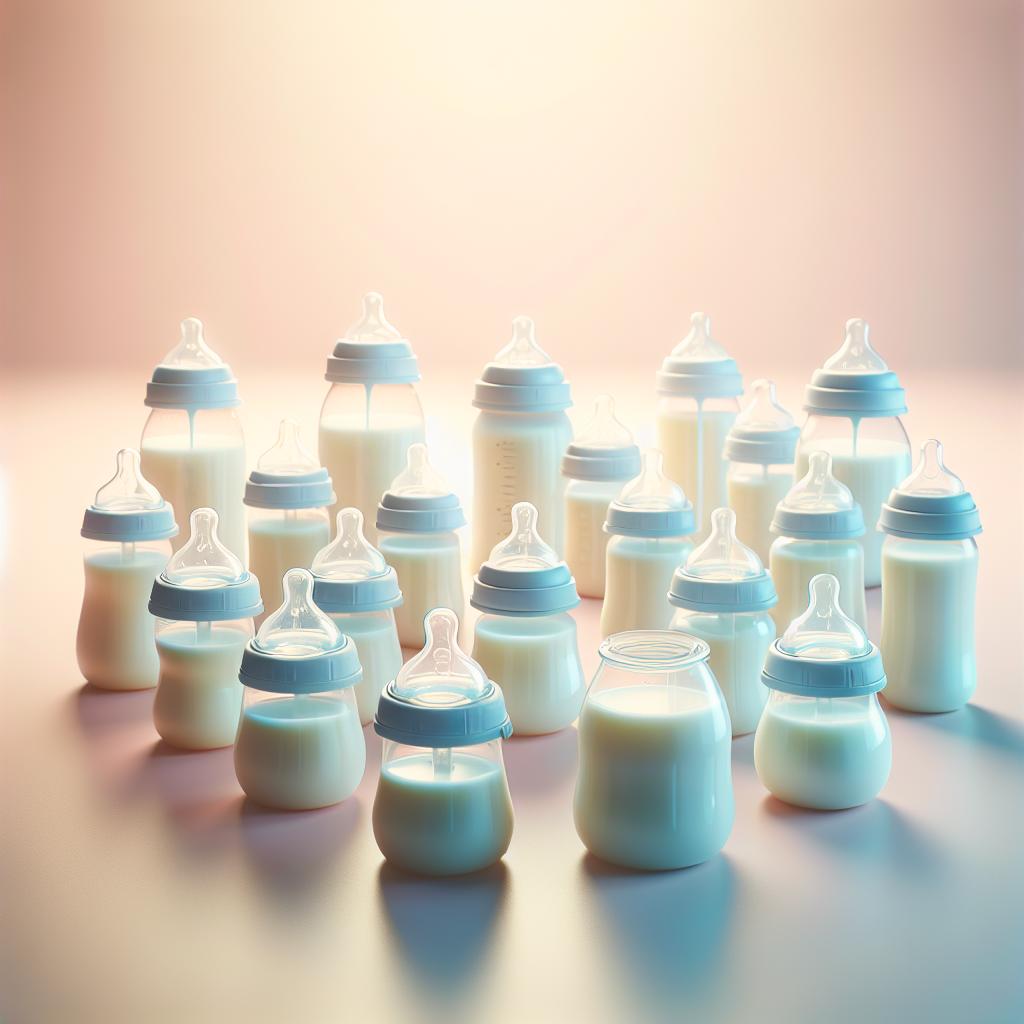Understanding the Basics of Safe Baby Foods
Creating a diverse diet for your little one can be exciting, but many parents find themselves overwhelmed with questions. When is the right time to introduce solids? What foods are safe baby foods for the first year? Thankfully, expert advice is available to address these common parental concerns.
Starting solids is a significant milestone in a baby’s life, marking the transition from exclusive breastfeeding or formula feeding to consuming a wider range of nutrients. Knowing what safe baby foods to introduce and when can make the transition easier for you and your baby.
Safe Baby Foods: What and When?
The American Academy of Pediatrics suggests introducing solid foods around six months. Understanding which foods are safe and conducive to a baby’s development is crucial. These can include:
- Pureed fruits and vegetables, such as bananas and sweet potatoes
- Iron-fortified cereals
- Pureed meat
- Grains, like oats and rice
- Yogurt, without added sugar
It is recommended to introduce new foods one at a time, allowing a few days between each new food to monitor for any allergic reactions. More comprehensive guides on when and how to introduce solid foods can be found here.
The Impact of Feeding Techniques
The way you feed your baby plays a significant role in their oral development as well. Finger foods, for example, help to develop fine motor skills and hand-eye coordination.
Add Variety to Your Baby’s Diet
Once your baby has been introduced to a variety of safe baby foods and has had no allergic reactions, try combining foods to add more flavors and textures. This can keep meal times exciting and encourage your baby to try new foods.
Nationwide Children’s Hospital provides a comprehensive feeding guide for the first year, providing parents with the knowledge of what, how much and how often to feed their baby.
Setting Up a Feeding Schedule
While each baby is different, a feeding schedule can help you keep track of your baby’s nutritional needs and help them establish good eating habits. What To Expect offers practical tips to get your baby on a feeding schedule on their site.
Additional Resources
Aside from these tips, other valuable resources include a guide to foods for a baby’s first year from The Royal Children’s Hospital available here and the handout from the Canadian Paediatric Society on feeding your baby in the first year here.
Knowing When to Start Solid Foods
Starting solid foods should not be rushed. According to the Johns Hopkins Medicine, babies must first be physically ready for solids, which usually happens by the time they reach six months. Indicators of readiness include being able to sit without support, showing interest in food, and having the oral motor skills necessary to eat.
Introducing Textures Over Time
Babies need to gradually get used to different textures of foods. Initially, you could start by testing their response to pureed or mashed foods. As your child gets more accustomed to eating solids, you can introduce minced or chopped foods to help them develop their chewing skills.
Common Allergenic Foods
There are certain foods that are considered common allergens, such as cow’s milk, eggs, fish, peanuts, shellfish, soy, tree nuts, and wheat. Introducing these foods early, around six months of age, can help prevent food allergies, according to up-to-date guidelines from Cleveland Clinic. However, it is crucial to do so one food at a time, to monitor your baby for any allergic reactions.
Tips for Feeding Success
Ensure meal times are a positive experience for your baby by following these tips:
- Make sure your baby is seated securely and comfortably.
- Start with small portions and increase quantity as your baby’s appetite grows.
- Keep meal times quiet and relaxed.
- Never force your baby to eat.
- Allow your baby to touch and play with their food to familiarize themselves with it.
Understanding the Importance of Milk
Even though your baby will start eating solid foods, it’s important to remember that breast milk or formula will remain their primary source of nutrition in the first year. BabyCenter advises offering solids only after your baby has had their breast milk or formula for the day until they reach the age of 1. After that, you can slowly decrease the amount of milk feeds as your baby starts to consume more solids.
Avoiding Certain Foods
While it’s essential to offer a variety of foods to your baby, there are certain foods that should be avoided in the first year. As per the guidelines from Parents.com, these include:
- Honey, because it may contain bacteria that can produce toxins in a baby’s intestines, leading to infant botulism.
- Choking hazards, such as whole grapes, hard vegetables, hot dogs, chunks of meat or cheese, and popcorn.
- Unpasteurized foods, as they may contain harmful bacteria.
Remember, introducing solids is about more than just the food. It’s a chance for your baby to experience new textures and flavors, and learn about eating as a social and enjoyable activity.






